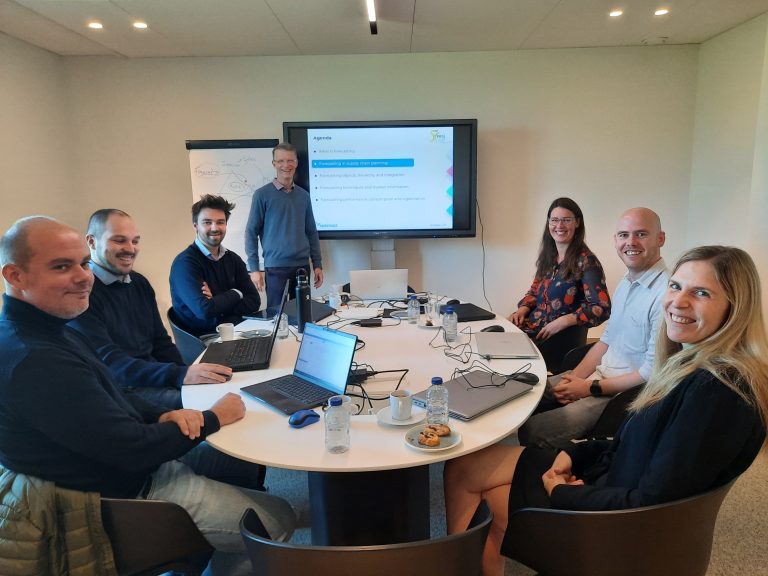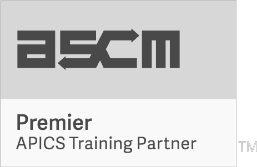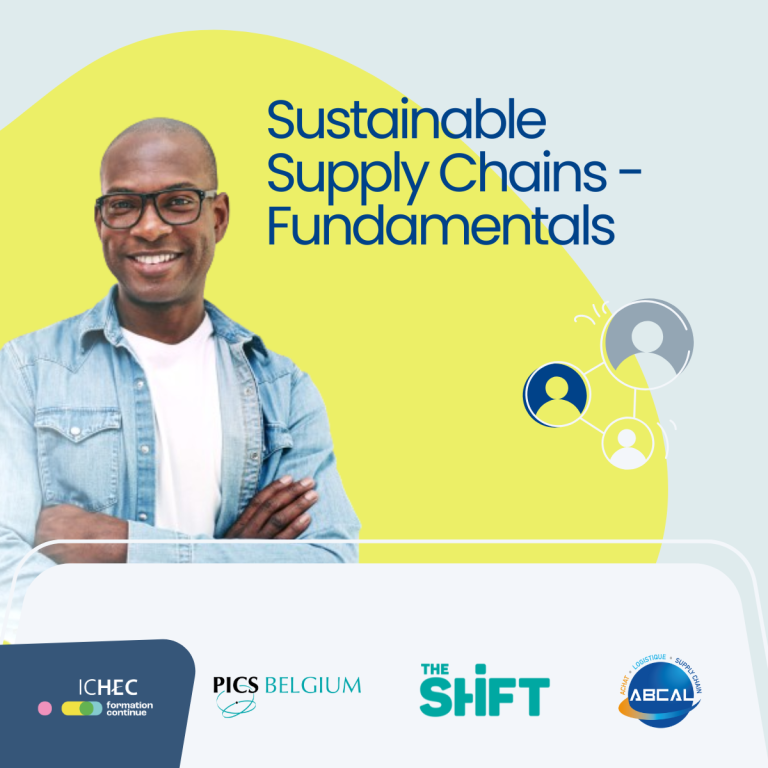
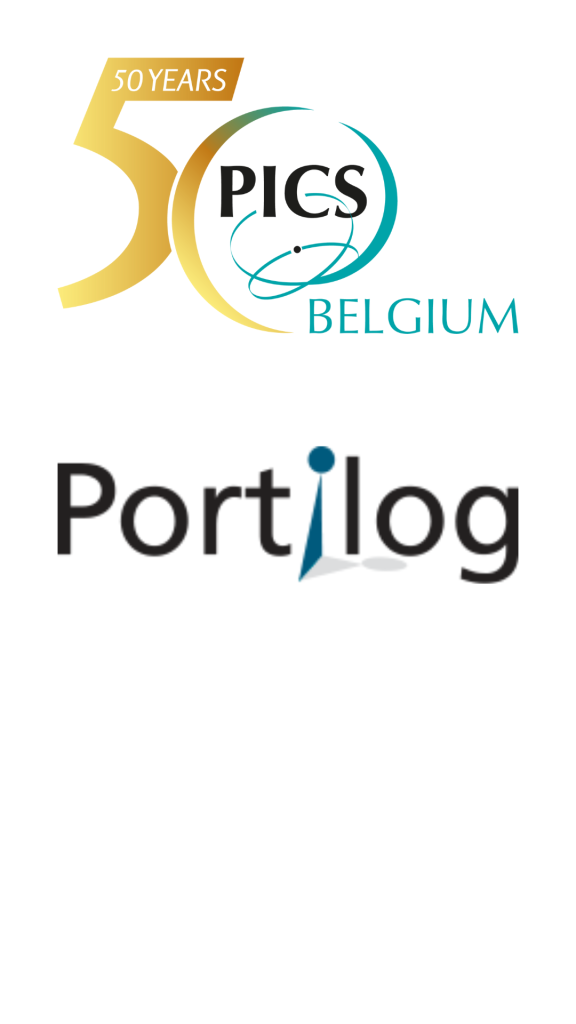
Incoterms 2020 theory (Dutch training)
Make clear agreement with your foreign customers
Register now for this training that we organize together with our partner Portilog.
Are you directly involved in the import or export of goods within or outside the EU? Then you know that there are many obligations involved and that clear agreements with your foreign customers and suppliers are necessary.
Incoterms have been established to limit any lack of clarity as much as possible. Incoterms stand for ‘International Commercial Terms’ or international delivery conditions. They describe all the tasks, risks and costs involved in the transaction of goods worldwide.
Would you like to avoid the risk of a dispute or legal fallout between you and your customers by incorporating and complying with the correct incoterms in your international contracts? Then register for this training, you will learn:
- What the obligations of the seller and the buyer are
- Who is responsible for insurances, permits and other formalities
- Who is responsible for the organization of transport
- At which critical point in the chain responsibilities, costs and risks pass from seller to buyer
- What are the most commonly used Incoterms in e-commerce
- What Incoterms do not regulate

